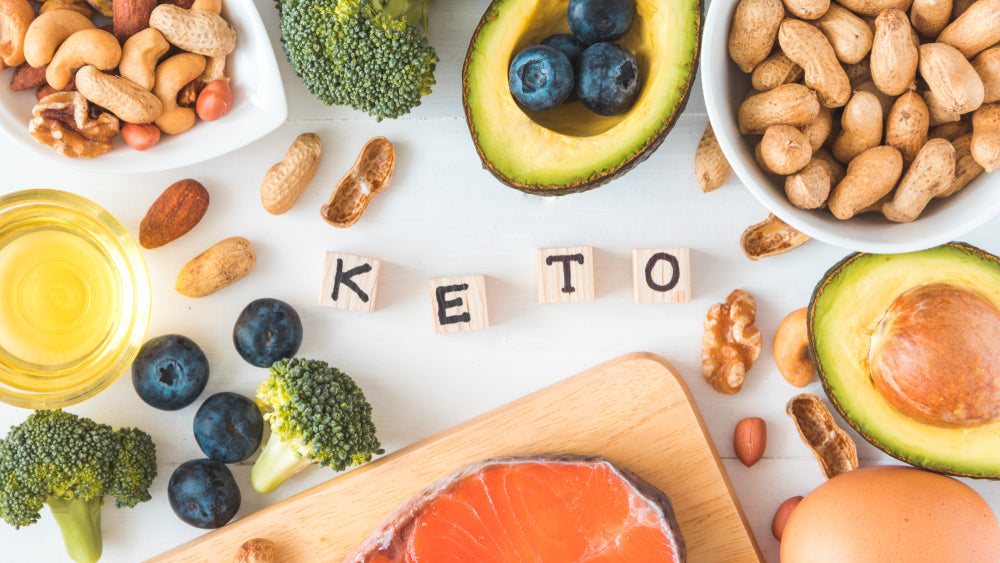Following a ketogenic diet can have numerous health benefits, but it's important to ensure that you're getting all the necessary nutrients. In this article, we'll discuss the key supplements you should consider taking on a ketogenic diet to support your overall health and well-being.
B Vitamins
B vitamins play a crucial role in nutrient metabolism and energy production. While some keto-friendly foods provide certain B vitamins, many other good sources are restricted on the ketogenic diet. Therefore, it's advisable to consider taking a B-complex supplement or a simple multivitamin to fill any potential gaps in your B vitamin intake while on a keto diet.
Vitamin D
Vitamin D is essential for various functions, including calcium absorption, inflammation reduction, and immune and bone health support. While the ketogenic diet itself doesn't increase the risk of vitamin D deficiency, it can be challenging to obtain adequate amounts from diet alone, especially if you avoid breakfast cereals and dairy products. Taking a vitamin D supplement is a recommended option for most individuals, whether on a keto diet or not, due to the high prevalence of vitamin D deficiency.
Magnesium and Potassium
During the initial stages of a ketogenic diet, glycogen and associated fluid and electrolytes are released from the body. However, replenishing these electrolytes through diet can be challenging as many magnesium- and potassium-rich foods are also high in carbohydrates, which are restricted on the keto diet. Insufficient replenishment of these electrolytes can lead to imbalances and contribute to common symptoms of keto induction. Therefore, it is advisable to consider magnesium citrate and potassium chloride supplements to help maintain proper electrolyte levels during the adaptation period. It is important to work with a healthcare provider to determine a safe and appropriate dosage of potassium supplementation.
Omega-3
Omega-3 supplements can be particularly beneficial for those following a ketogenic diet. They help maintain a healthy ratio of omega-3 to omega-6 fatty acids while consuming a high-fat diet. Omega-3 supplements have also been associated with reducing triglyceride levels, insulin, and inflammation markers. When choosing an omega-3 supplement, look for one that contains at least 500 mg of EPA + DHA per 1000 mg serving.
Fiber
While it is possible to obtain sufficient fiber from certain keto-friendly foods, it can be challenging due to the restriction of higher-carb foods like whole grains, beans, and fruits. Ensuring an adequate fiber intake is important for maintaining a healthy digestive tract. Consider incorporating a daily fiber supplement, such as psyllium husk, along with plenty of water to help meet your fiber needs.
MCT Oil
Medium-chain triglycerides (MCTs) can help reduce symptoms of keto induction and increase fat intake to support ketosis. MCTs are rapidly digested and can easily be added to various foods and beverages. However, it is important to start with a small amount to avoid stomach upset.
Conclusion
While a well-formulated ketogenic diet can provide many essential nutrients, certain supplements can help fill potential gaps and support overall health. B vitamins, vitamin D, magnesium, potassium, omega-3, fiber, and MCT oil are among the supplements that may be beneficial when following a ketogenic diet. It is always recommended to consult with a healthcare provider before starting any new supplements.







